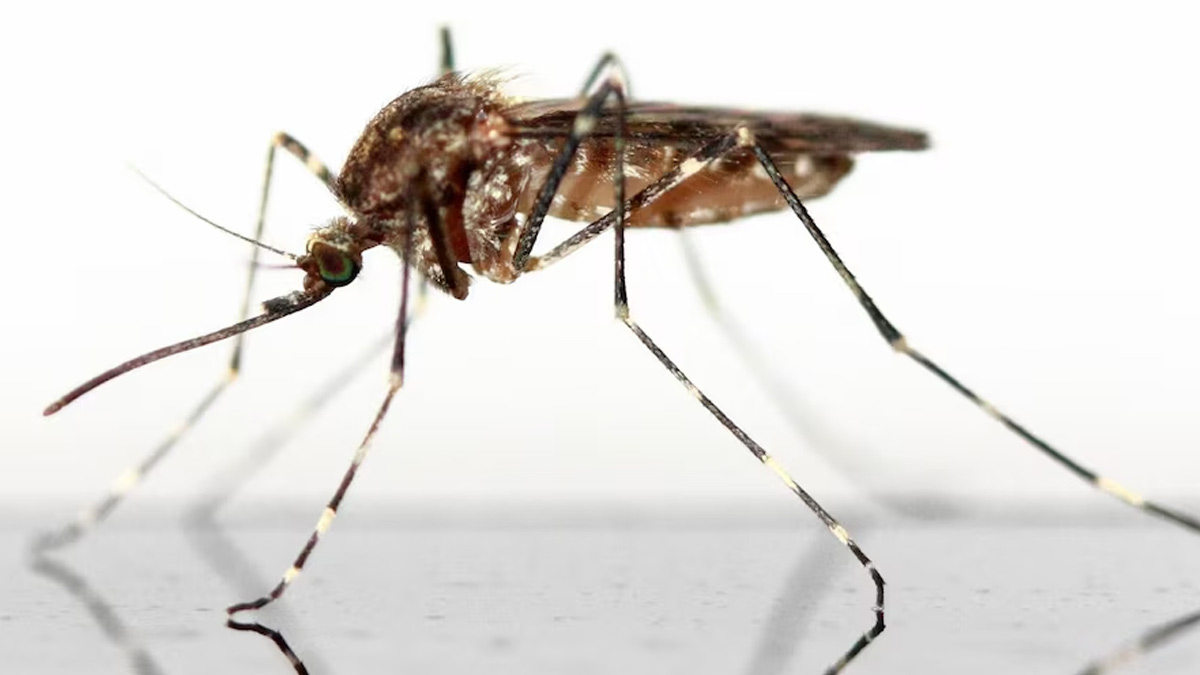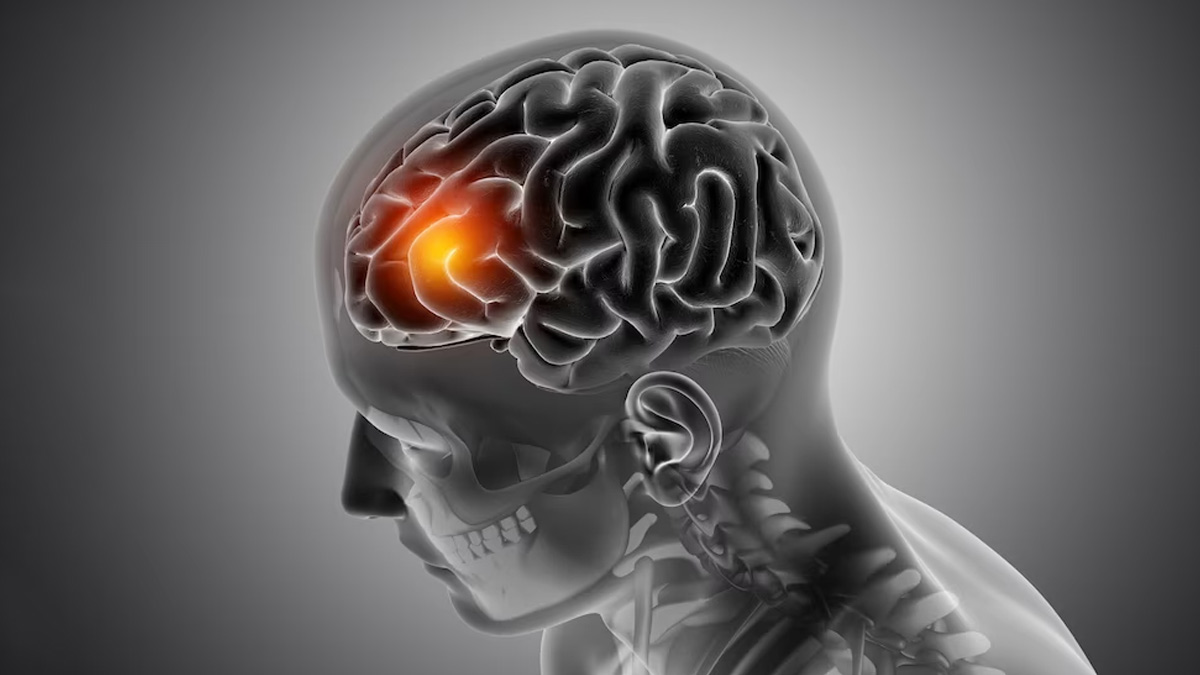

Amid the outbreak, the vector-borne illness known as Japanese Encephalitis (JE) has tragically led to the loss of eleven lives in Assam this year.
Official sources confirm that the state’s Health Department has reported more than 200 people who have fallen victim to this disease across the region.
Assam’s Health Minister, Keshab Mahanta, emphasised that the state’s Health Department has executed a series of preventive measures spanning the entirety of the state. These efforts aim to curb the further spread of the disease and protect the health and well-being of the population at large.
The Japanese encephalitis virus (JEV), as classified by the World Health Organisation (WHO), belongs to the flavivirus family, akin to dengue, yellow fever, and West Nile viruses. This virus is transmitted via mosquitoes.
In numerous Asian nations, JEV stands as a prominent cause of viral encephalitis, boasting around 68,000 clinical instances annually. Although symptomatic cases of Japanese encephalitis (JE) are uncommon, the fatality rate for individuals with encephalitis can ascend to a daunting 30 percent.
What Exactly Is Japanese Encephalitis
Dr S K Mundhra from the Internal Medicine Department of Saroj Super Specialty Hospital in New Delhi explains, “Japanese encephalitis, like dengue and malaria, is a disease spread by mosquitoes. It’s a viral infection that directly affects the brain, causing inflammation there. It’s also known as Japanese fever. This virus spreads through the bite of an infected mosquito and is commonly found in Asia and the Western Pacific region. Sometimes, this disease can also spread due to pigs or unclean surroundings. People in rural and agricultural areas are more susceptible to this illness.”

“ Children between the ages of 1 to 14 are at the highest risk. When a child contracts Japanese encephalitis, their ability to think, understand, and hear is affected. This disease doesn’t spread through touch. The highest number of cases of this disease are seen during the rainy season, which is August, September, and October.” Dr Mundra added.
Symptoms Of JEV
In many cases, Japanese Encephalitis may present with mild symptoms or none at all. However, in more severe cases, the virus can lead to:
- Inflammation of the brain (encephalitis)
- Initially fever
- Headache, and fatigue.

As the infection progresses, individuals may experience neurological symptoms like seizures, paralysis, and even coma.
Also read: Japanese Encephalitis: Treatment, Procedure, Prevention And Side Effects
Prevention
Vaccination
The most effective way to prevent Japanese Encephalitis is through vaccination. Vaccines are recommended for individuals living in or travelling to areas where the virus is prevalent.
Mosquito Control
Since mosquito bites are the primary mode of transmission, it’s crucial to take preventive measures. Use mosquito repellents, wear long-sleeved clothing, and sleep under mosquito nets.
Hygiene and Sanitation
Proper sanitation and hygiene can help reduce mosquito breeding grounds. Eliminating stagnant water where mosquitoes lay eggs is essential.
Japanese Encephalitis might be a lesser-known disease, but its potential for severe complications makes it essential to be aware of its causes and preventive measures. By staying informed, getting vaccinated, and taking precautions against mosquito bites, we can minimise the risk of Japanese Encephalitis and protect ourselves and our communities.
اكتشاف المزيد من ينبوع المعرفة
اشترك للحصول على أحدث التدوينات المرسلة إلى بريدك الإلكتروني.
